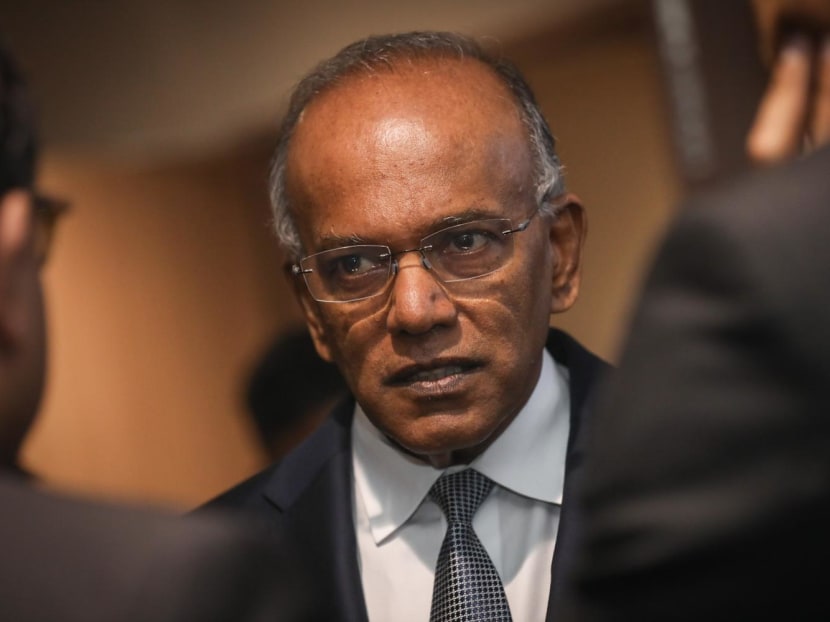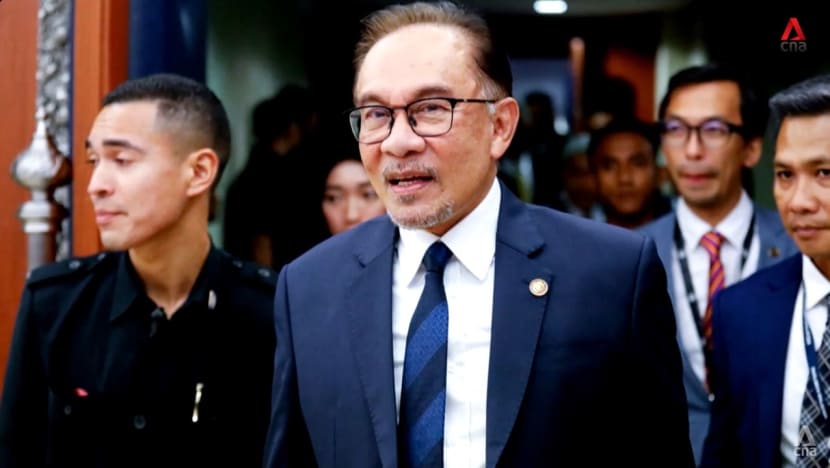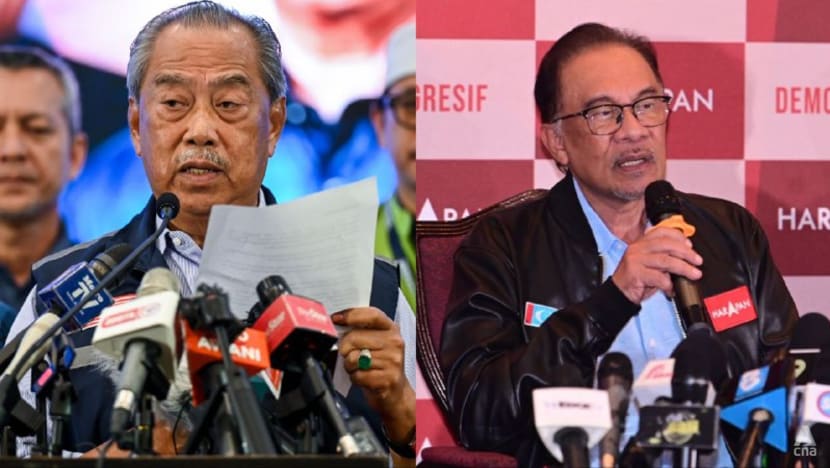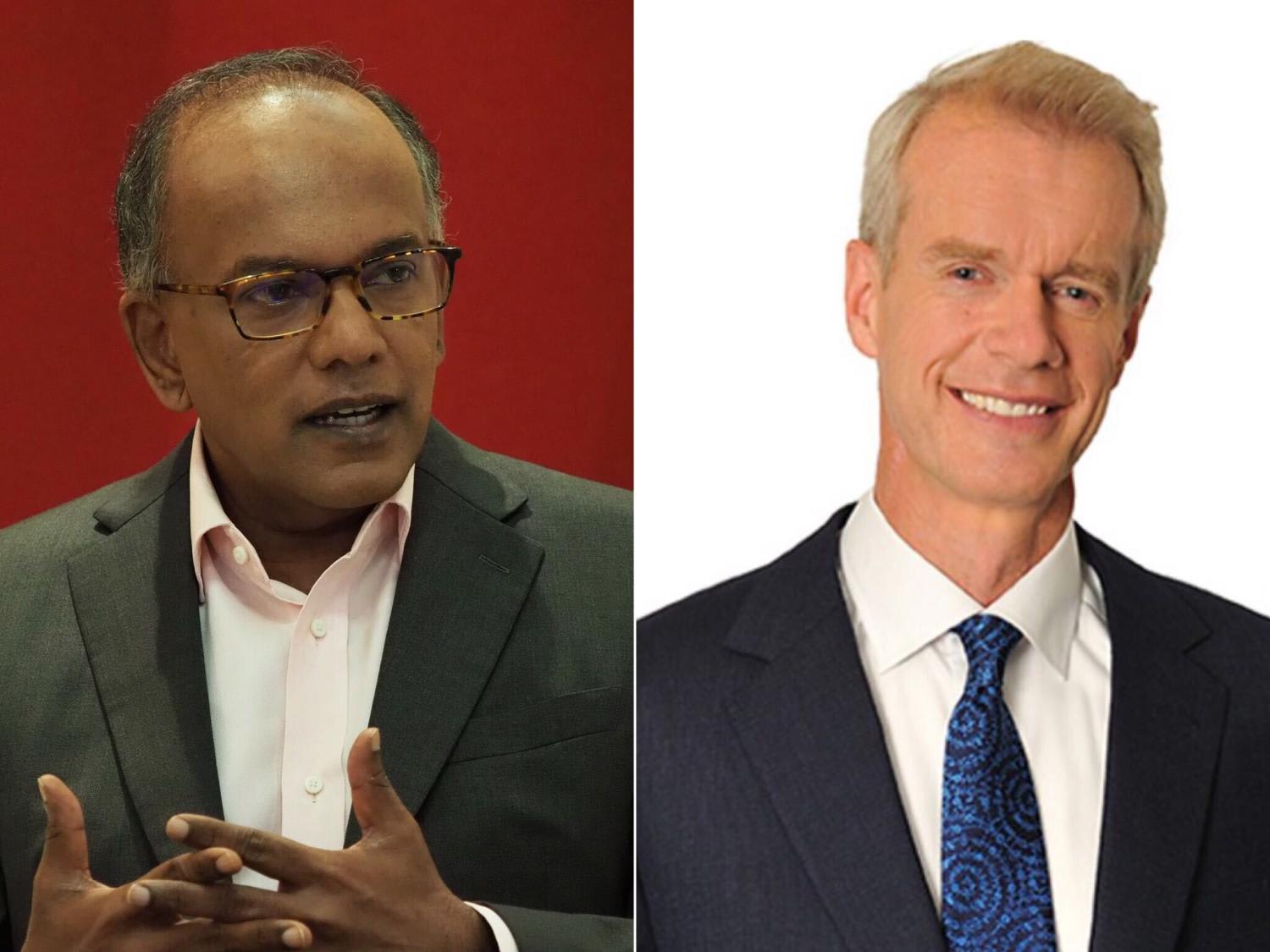 |
| The fourth-generation leadership is "doing well", Mr K Shanmugam said when asked for his assessment on how the new team is making their mark. TODAY file photo |
- In an interview with the South China Morning Post, Law and Home Affairs Minister Shanmugam spoke about the training that Singapore's leaders go through as they rise up the ranks
- He noted, for example, how Singapore's fourth generation of political leaders have gained valuable experience through the Covid-19 crisis and current housing issues
- This is different from the process in many other countries, he said, where people do not need training before becoming prime minister
- Mr Shanmugam also touched on geopolitics, including the tensions between the United States and China, and the Russia-Ukraine war








